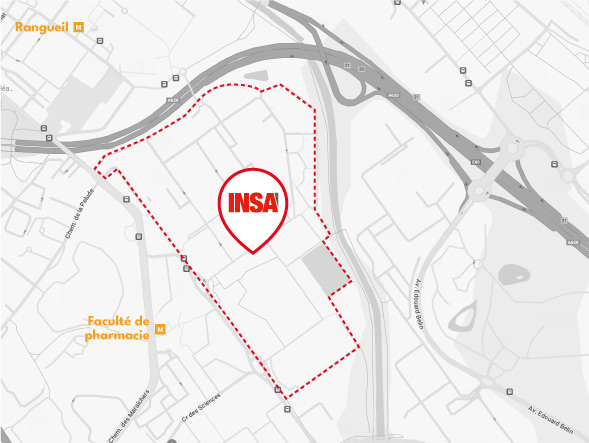Program (detailed contents):
– Introduction to machine learning
– Risk estimation (or generalization error), Optimization of the bias/variance trade-off
– Model selection and variable selection via penalized criteria: Mallows CP, BIC, Ridge, Lasso
– Linear and quadratic discriminant analysis, k nearest neighbors.
– Binary classification and regression trees (CART)
– Tree aggregation, random forests
– Support Vector Machine and Support Vector Regression
– Neural networks, multilayer perceptron, gradient backpropagation algorithm, optimization algorithms, introduction to deep learning.
– Boosting algorithms
– Missing data imputation.
– Bias of algorithms
– Legal framework and societal impacts of AI.













